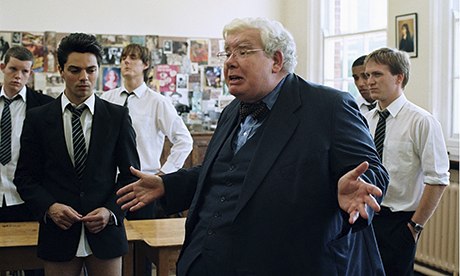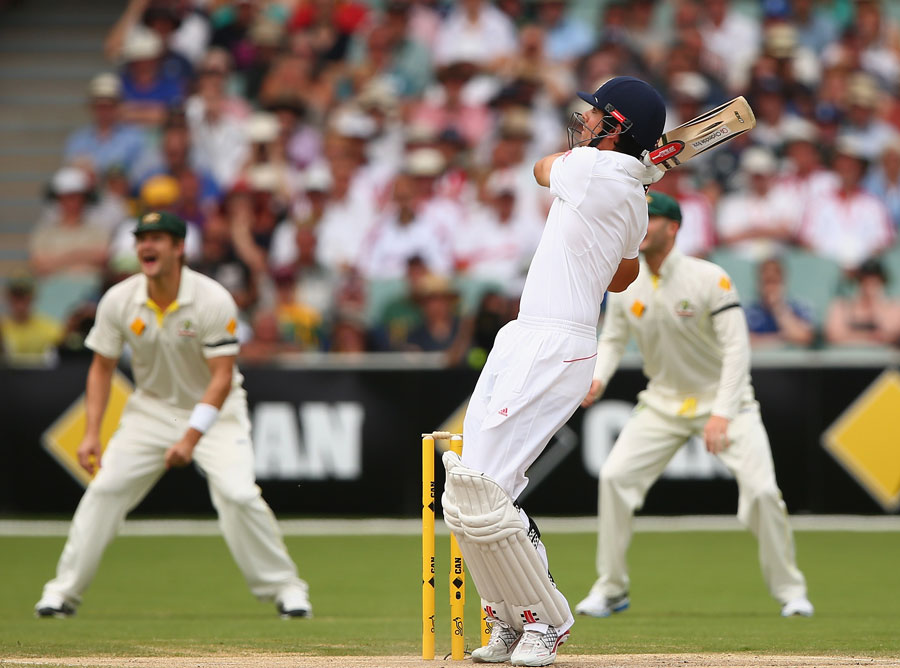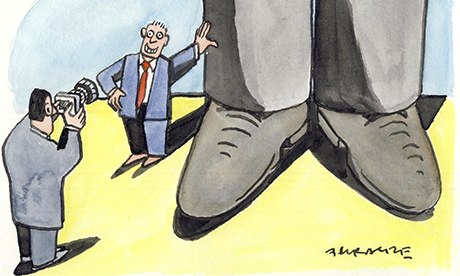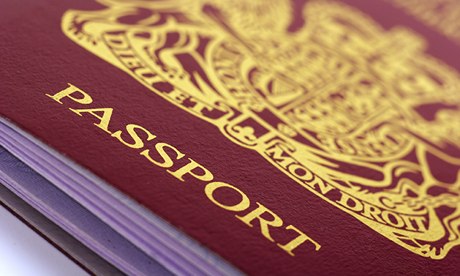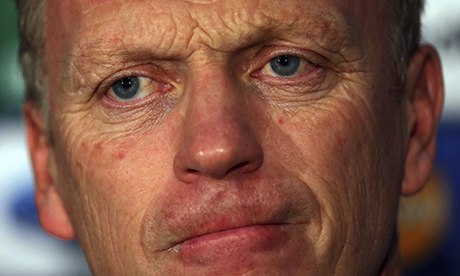Richard Garner in The Independent
Genetics has a more powerful influence on pupils' GCSE exam results than teachers, schools or family environment, according to a new study published tonight.
Researchers from King's College London found that genetic differences account for 58 per cent of the differences between pupils' GCSE exam scores - while environment (home or school) only accounted for 29 per cent. They also found boys' results were more likely to reflect their genes than girls.
The bombshell conclusion is bound to thrust the debate over the role of genetics in education back to centre stage - just two months after Michael Gove's outgoing senior adviser, Dominic Cummings, told his boss he believed genetics outweighed teaching when it came to determining pupil performance.
He also arranged a meeting between the Education Secretary and leading geneticist Professor Robert Plomin, one of the authors of the new research, to discuss the issue.
In a 250-page "private thesis" - which has since been made public, Mr Cummings argued that the link between intelligence and genetics had been overlooked up until now in the education system.
The controversy was fuelled when London Mayor Boris Johnson appeared to suggest more resources should be devoted to the education of those with high IQs, arguing: "Whatever you may think of the value of IQ tests, it is surely relevant to a conversation about equality that as many as 16 per cent of our species has an IQ below 85 while about two per cent have an IQ above 130."
The influence of genetics on intelligence has been almost a taboo subject in education policy circles for years following the publication of a book nearly two decades ago in the United States, The Bell Curve by Robert J.Hermstein and Charles Murray, suggesting there was a link between race and intelligence.
As Dr John Jerrim, from London University's Institute of Education who has conducted research into the impact of genes on children's reading ability, put it genetic research has often in the past "been linked with right-wing political views".
Today's research acknowledges the danger of "a deep-seated fear ... that accepting the importance of genetics justifies inequities - educating the best and forgetting the rest".
However, it adds: "Depending on one's values, the opposite position could also be taken, such as putting more educational resources into the lower end of the distribution to guarantee that all children reach minimal standards of literacy and numeracy."
The study, based on 11,117 identical and non-identical twins, shows that a child's genes are a more important indicator of educational performance across all the core subjects - accounting for 52 per cent of the difference in scores in English, 55 per cent in maths and 58 per cent in science.
"The significance of these findings is that individual differences in educational achievement at the end of compulsory education are not primarily an index of the quality of teachers or schools," the report says. "Much more of the variance of GCSE scores can be attributed to genetics than to school or family environment."
The researchers compared the exam performance of identical twins who share 100 per cent of their genes with non-identical twins who share on average 50 per cent of their genes. They argued that - if identical twins' exam scores were more alike than those of non-identical twins -the difference was due to genetics rather than environment.
They added: "A remarkable finding is that the estimates of heritability and shared environmental influence do not differ substantially across diverse subjects. The humanities subjects have the lowest estimate (40 per cent) and science subjects the highest."
The researchers said that a previous study which showed strong genetic influence on performance in the early years had been "surprising" but it was even more so to find such a strong link at GCSE level. "The surprise stems from thinking that, as these subjects are taught at school, differences in educational achievement are primarily due to differences in teaching," they added.
Nicholas Shakeshaft, lead author of the paper and a PhD student at the Institute of Psychiatry at King's College London, said: "Children differ in how easily they learn at school. Our research shows that differences in students' educational achievement owe more to nature than nurture."
The researchers argue that it could be expected that countries with a "one-size-fits all" national curriculum - as the UK has - might yield higher heritability estimates than countries with a more flexible system.
However, they add that "one major misconception" of their findings would be to conclude genetic influences "diminish the importance of schools". "The differential impact between good and bad schools is not great," the report adds, "but the difference between schools and no schools is likely to be enormous".
Instead, the findings argue an individually tailored approach to a child's education is more likely to combat any lack in performance due to genes rather a universal, one-size-fits-all approach to the curriculum.
Earlier, Dr Claire Haworth, from Warwick University and deputy director of the twins programme, argued genetics should be covered in teacher training - especially if it helped trainees to explain variations in the way different children learn.
Improving the understanding of genetics in schools was key to dispelling some of the myths around the science.

